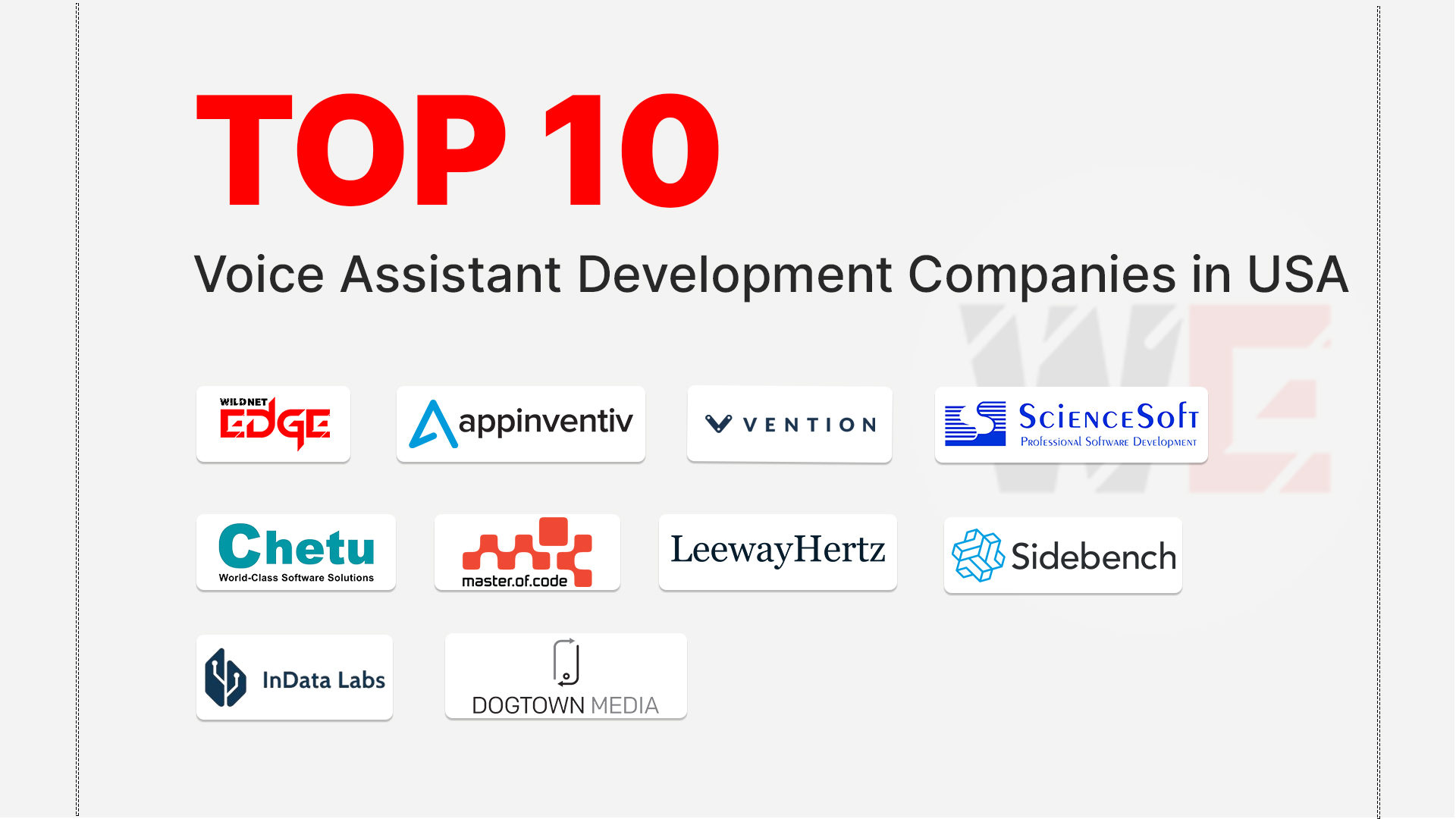Struggling to choose between custom LMS platforms and ready-made SaaS solutions? You’re not alone. Picking the right learning management system can make or break your training success. Whether it’s integrating unique eLearning tools or managing courses easily, the stakes are high. In this post, you’ll get a clear comparison to help you decide which LMS approach fits your business goals—and how to leverage custom LMS platforms to level up your learning strategy.
Understanding eLearning Tools in LMS Platforms
Both custom LMS platforms and SaaS solutions come equipped with a suite of eLearning tools that influence how content is created, delivered, and consumed. Recognizing the distinctions ensures you select a platform that truly enriches learner engagement and maximizes training ROI.
Interactive Content Creation
Interactive content is critical to keep learners engaged and motivated. SaaS LMS providers often offer built-in drag-and-drop content editors enabling quick creation of courses with interactive elements like clickable hotspots, drag-and-drop exercises, and branching scenarios. These tools facilitate rapid deployment yet may limit deep customization.
Custom LMS platforms, on the other hand, allow organizations to design and integrate highly specialized eLearning tools tailored to their specific needs. For instance, if your training calls for scenario-based simulations specific to industry processes or gamification mechanics unique to your business culture, a custom LMS can deliver these experiences seamlessly.
Assessment and Quizzes
Assessments are essential to measure learner progress and course effectiveness. SaaS LMS solutions typically feature a variety of quiz types—multiple-choice, true/false, and short answers—allowing quick setup and automated grading. They also often include question banks and randomized quizzes to reduce cheating and enhance retention.
Custom LMS platforms can extend assessment capabilities by supporting advanced testing methods like adaptive testing, real-time scenario assessments, or integration with external proctoring services. Such flexibility boosts the accuracy of competency evaluations and supports complex certification processes.
Multimedia Integration
Incorporating diverse media formats—videos, podcasts, infographics—can drastically improve content absorption. SaaS platforms often support standard multimedia content and integrations with popular video hosting services but may limit advanced features like in-video quizzes or branching video paths.
With custom LMS platforms, multimedia integration is only limited by your imagination and budget. You can embed proprietary tools, custom video players, or interactive webinars, offering a richer and more engaging learner experience with seamless integration across formats.
Analytics and Reporting Features
Data-driven insights are key to optimizing learning outcomes. SaaS solutions usually provide standard dashboards covering course completion rates, learner activity logs, and basic performance analytics. These reports are user-friendly but may lack flexibility for deep dives or custom KPIs.
Custom LMS platforms shine by enabling tailored analytics that fit unique organizational goals. Whether it’s integrating with business intelligence tools, generating custom compliance reports, or tracking microlearning impacts, these platforms empower administrators with actionable data aligned with strategic objectives.
Actionable Tip: If your organization values detailed, customizable analytics and interactive content beyond standard templates, investing in a custom LMS platform will pay dividends in learner engagement and training optimization.
Course Management Capabilities Compared
Course management is a core function in any LMS. The ease, flexibility, and scalability with which courses can be created, administered, and tracked differentiate custom LMS platforms from SaaS solutions.
Course Creation and Editing Flexibility
SaaS LMS platforms provide user-friendly interfaces for course creation with predefined templates and limited customization options. This setup suits organizations needing fast course launches with standard learning paths but can feel restrictive when unique workflows or complex course structures are necessary.
Custom LMS platforms offer complete control over the course creation process. You can build custom workflows, unique user experiences, and incorporate sophisticated branching logic or multi-path courses tailored precisely to your learners’ needs and industry requirements.
User Roles and Permission Settings
Managing who can do what in a LMS is crucial for maintaining integrity and security. SaaS solutions often support standard roles—learners, instructors, administrators—with fixed permission sets designed for simplicity.
In contrast, custom LMS platforms allow granular role design. You can create hybrid roles, manage permissions by department, region, or training track, and integrate user role management with your existing HR or identity management systems. This flexibility is paramount for organizations with complex hierarchies or compliance demands.
Enrollment and Progress Tracking
SaaS platforms automate many routine enrollment functions like bulk imports and enrollment via self-registration or single sign-on (SSO). Progress tracking shows learner completion rates and time spent, but customization options for notifications and reminders are sometimes limited.
Custom LMS platforms enable tailored enrollment workflows matching organizational policies, including manual approvals, multi-step registrations, or prerequisites enforcement. Progress tracking can link with external certifications, career development plans, or external CRM systems for holistic talent management.
Automation of Administrative Tasks
Automation streamlines LMS management by reducing manual intervention. SaaS platforms typically include predefined automations such as automatic course assignments upon hire, email notifications, or recurring training reminders.
Custom LMS platforms provide the ability to script and implement bespoke automation rules. For example, you can trigger complex workflows—like manager approvals upon course completion or integration with payroll systems for competency-based promotions. This level of automation saves administrative time and enhances learner accountability.
Actionable Tip: If your course management demands extend beyond straightforward workflows to integrate with specialized HR or compliance systems, a custom LMS platform will better meet your evolving needs.
Benefits and Drawbacks of Custom LMS Platforms
Choosing a custom LMS platform carries significant benefits but also notable challenges. Understanding these trade-offs helps set realistic expectations and informed decision-making.
Pros: Customization, Data Ownership, Integration Ease
- Tailored Functionality: Custom LMS platforms empower you to build features uniquely suited to your training needs—whether it’s specific certification paths, niche eLearning tools, or compliance tracking.
- Data Ownership: You retain complete control over learner data, critical for industries with data privacy regulations or confidentiality concerns. No dependence on vendor data policies.
- Integration Ease: Custom LMSs can seamlessly connect with existing enterprise systems—HR platforms, CRM, ERP—creating unified learning ecosystems. This reduces redundancy and ensures training is part of broader business workflows.
Cons: Development Time, Cost, Ongoing Support Requirements
- Higher Upfront Cost: Developing a custom LMS demands substantial initial investment in software development, infrastructure, and quality assurance.
- Longer Deployment: Building a tailored platform takes time—often months—compared to immediate access with SaaS. This can slow time-to-market for urgent training initiatives.
- Maintenance and Support: Unlike SaaS vendors who handle updates and host your system, a custom LMS requires dedicated internal or outsourced resources for upgrades, troubleshooting, and security patches.
Actionable Tip: Factor in your organization’s IT capacity and budget to support long-term LMS ownership before committing to a custom platform. Consider phased development to spread investment over time.
When to Choose SaaS LMS Solutions
There are distinct situations where SaaS LMS solutions align better with business needs, especially when speed and simplicity are paramount.
Faster Deployment
SaaS platforms operate on a subscription basis with immediate access—no complex installations or development phases. For organizations needing to launch training quickly, or pilot programs with limited budgets, this speed is invaluable.
Regular Updates and Vendor Support
SaaS LMS providers roll out continuous updates, security patches, and features automatically, lowering the IT burden on your organization. Vendor customer support teams often offer 24/7 assistance, ensuring system uptime and reliability without added effort.
Limited Customization but Ease of Use
While SaaS LMS platforms don’t provide deep customization, their consistent UI, predefined workflows, and integration with popular third-party eLearning tools such as SCORM or xAPI compliance standards reduce complexity. This user-friendly environment suits organizations with standard training curriculums or those new to LMS platforms.
Actionable Tip: Opt for a SaaS LMS if you prioritize rapid deployment, budget predictability, and straightforward course management over granular customization.
Future Trends in LMS Technology
The LMS industry continues evolving rapidly, driven by technological advances improving how learning is delivered and managed.
AI-Powered Personalization
2026 sees AI algorithms enabling hyper-personalized learning journeys. Custom and SaaS LMS platforms increasingly leverage AI to recommend courses, adapt content pacing, and optimize learning paths based on learner behavior and performance.
Mobile-First Learning Experiences
With mobile device use dominating, LMS platforms focus on mobile-first design ensuring courses, assessments, and collaboration tools work seamlessly on smartphones and tablets. Custom LMSs can tailor mobile apps for branded, offline, or augmented reality-enhanced learning.
Cloud Scalability and Security Enhancements
Cloud infrastructure continues to drive LMS scalability, allowing organizations to accommodate sudden learner influxes or global deployment. Security measures such as zero-trust architectures, biometric authentication, and end-to-end encryption become standard to safeguard learner data.
Integration with Other Business eLearning Tools
The future LMS connects effortlessly with wider eLearning ecosystems—virtual classrooms, content libraries, AI chatbots, and analytics suites. Both custom and SaaS platforms invest in open APIs and standards compliance to enhance interoperability.
Actionable Tip: When selecting an LMS, verify the provider’s roadmap and technology stack aligns with these emerging trends, ensuring your system remains future-proof.
Conclusion
Choosing between a custom LMS platform and a SaaS solution boils down to your unique course management needs and budget. Custom platforms offer unmatched flexibility and integration options, but SaaS solutions provide ease and speed. For organizations that want the best of both worlds with expert guidance and advanced eLearning tools, WildnetEdge stands out as a trusted partner to design, develop, and maintain custom LMS solutions tailored to your goals. Ready to transform your learning ecosystem? Connect with WildnetEdge today.
FAQs
Q1: What are custom LMS platforms and how do they differ from SaaS solutions?
Custom LMS platforms are tailor-built systems designed to meet specific organizational needs, offering high flexibility. SaaS LMS solutions are subscription-based platforms with ready-made features and faster deployment but limited customization.
Q2: How do custom LMS platforms improve course management?
Custom LMS platforms allow for personalized workflows, unique user roles, and integration with existing systems, enabling more precise control over course creation, enrollment, and progress tracking.
Q3: Are custom LMS platforms more expensive than SaaS solutions?
Generally, yes. Custom LMS platforms require higher initial investment for development and setup, whereas SaaS LMS solutions have lower upfront costs but recurring subscription fees.
Q4: Can I integrate third-party eLearning tools with custom LMS platforms?
Absolutely. One of the key benefits of custom LMS platforms is the ability to seamlessly integrate various third-party eLearning tools for a richer learner experience.
Q5: What trends are shaping the future of LMS platforms?
AI-driven personalization, mobile learning, cloud scalability, enhanced security, and seamless integration with other business tools are key trends influencing both custom and SaaS LMS platforms.

Managing Director (MD) Nitin Agarwal is a veteran in custom software development. He is fascinated by how software can turn ideas into real-world solutions. With extensive experience designing scalable and efficient systems, he focuses on creating software that delivers tangible results. Nitin enjoys exploring emerging technologies, taking on challenging projects, and mentoring teams to bring ideas to life. He believes that good software is not just about code; it’s about understanding problems and creating value for users. For him, great software combines thoughtful design, clever engineering, and a clear understanding of the problems it’s meant to solve.
 sales@wildnetedge.com
sales@wildnetedge.com +1 (212) 901 8616
+1 (212) 901 8616 +1 (437) 225-7733
+1 (437) 225-7733















 ChatGPT Development & Enablement
ChatGPT Development & Enablement Hire AI & ChatGPT Experts
Hire AI & ChatGPT Experts ChatGPT Apps by Industry
ChatGPT Apps by Industry ChatGPT Blog
ChatGPT Blog ChatGPT Case study
ChatGPT Case study AI Development Services
AI Development Services Industry AI Solutions
Industry AI Solutions AI Consulting & Research
AI Consulting & Research Automation & Intelligence
Automation & Intelligence













